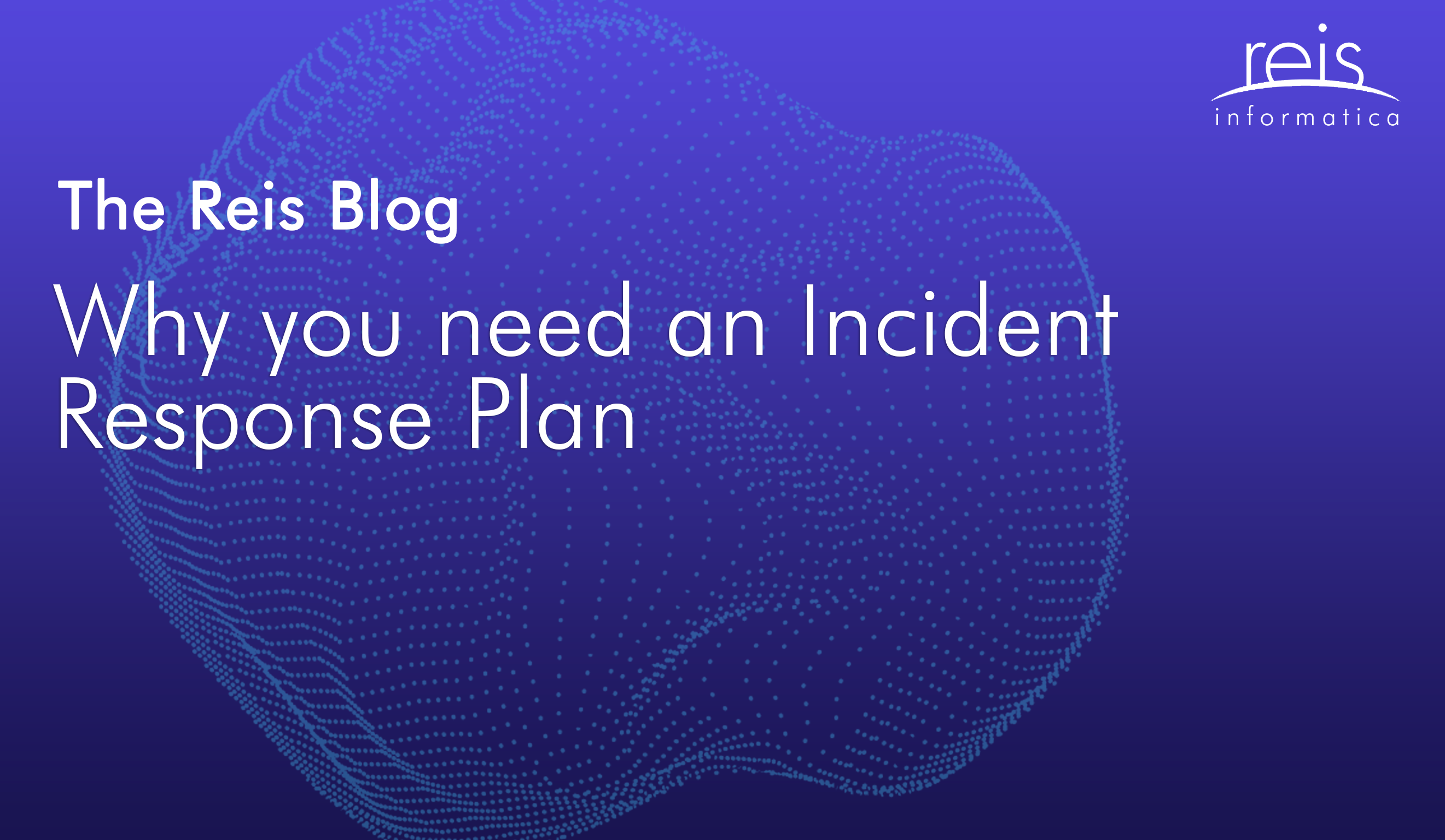Cyberattacks can be devastating for businesses that are not prepared. Not only can they damage their reputation, but they can cripple a business and cost thousands. In fact, IBM estimates that the average cost of a data breach could cost upwards of 3.86 million USD!
Regardless of company size, each organization needs to be prepared to identify and mitigate the risk of falling victim to cyberattacks, especially when these companies house sensitive public data.
With an effective incident response plan, companies can take appropriate measures to strengthen, protect, and respond to attacks and speed up their recovery time should one take place.

What is an Incident Response Plan?
An IRP is an organized approach to managing and dealing with a cyber attack. These documented strategies act as a guideline to mitigate a security breach’s risk and outline how to respond when one occurs. Additionally, a structured IRP means an investigation can be launched to cover all bases and ensure all sensitive data and information remains secure.
In short, an Incident Response Plan (IRP) assures that in the event of a security breach, the right people are informed, and specific procedures are followed to deal with a threat immediately. Without a plan to manage these security incidents, companies can be left vulnerable and at risk of severe damage.
Reasons Why You Need an Incident Response Plan
Cyberattacks can happen at any time, even to smaller companies. As cyber crimes are on the rise, organizations need to be equipped to deal with anything that comes their way. How you prepare and respond to these threats can significantly affect how business fairs during and after a breach.
1. Protects your secured data
Empowering your IT team or managed security provider (MSP) with a curated incident response plan can help them handle cybersecurity incidents adequately and protect your company data. With an established and strategic plan, you’re in a better position to know precisely what data you house and how to protect it.
2. Protects your reputation & customer trust
Maintaining public trust should be a top priority for companies in the face of a cyber emergency. For example, suppose your company sustains a massive amount of data loss. You’ll have to report that to the affected customers. It may be more challenging to regain the trust of your customers afterwards and may significantly damage the reputation of your company.
3. Protects your revenue
An incident response plan for your organization means that you can minimize the loss of revenue when an incident occurs by reducing costs associated with the repair. For example, a response plan is vital if your company deals with online payments or web-facing services dealing with customers’ personal information.
4. Reduces downtime
One of the main advantages of developing an incident response plan is to reduce the amount of downtime you’ll face should a cyber attack occur. A managed service provider or qualified IT team can create a detailed action plan for every situation and guide how to mitigate each problem quickly.
5. Complies with regulations
Staying in compliance with local and industry regulations is critical. Particularly if you’re in the legal or medical field or working within the GDPR, handling customers’ or clients’ data needs to be dealt with accordingly. If any information is compromised, you need a strategic and comprehensive plan to deal with a security breach.
Conclusion
There are many reasons why your organization should have an incident response plan in place. As a business that houses sensitive client data, protecting it with a structured program is essential for cybersecurity. Contact us today to find out exactly how we can help secure your systems and create a robust plan today!

